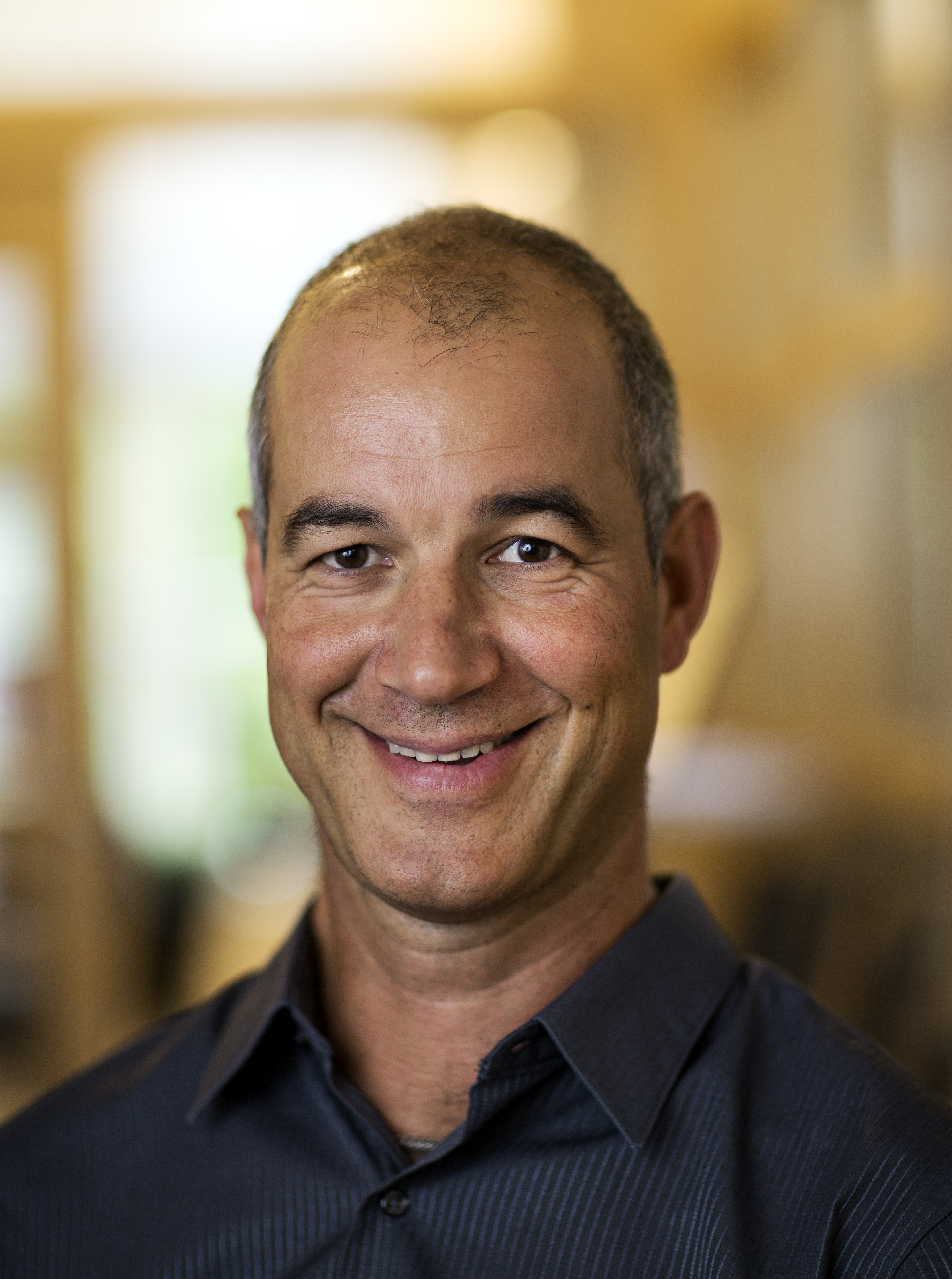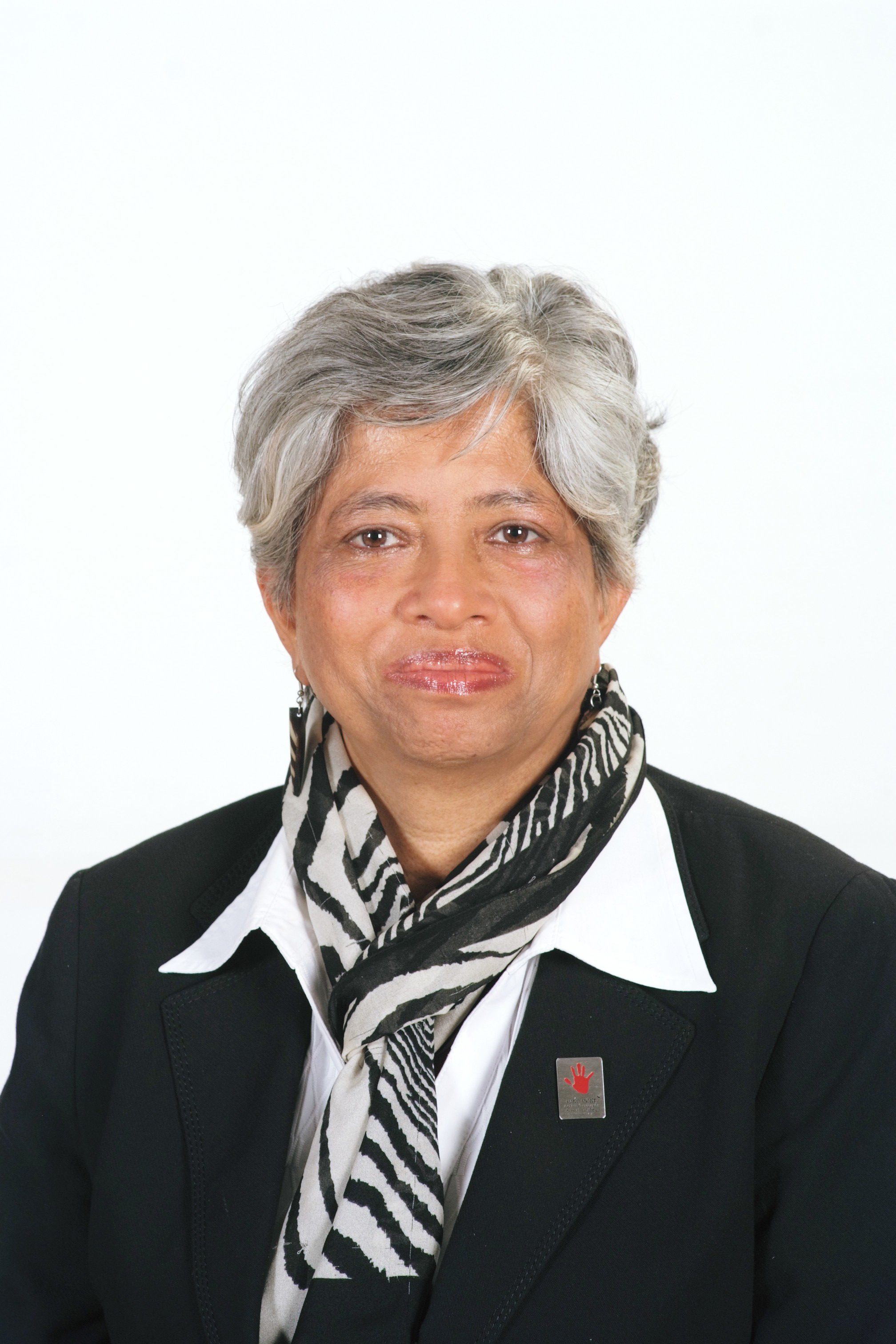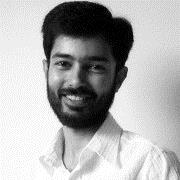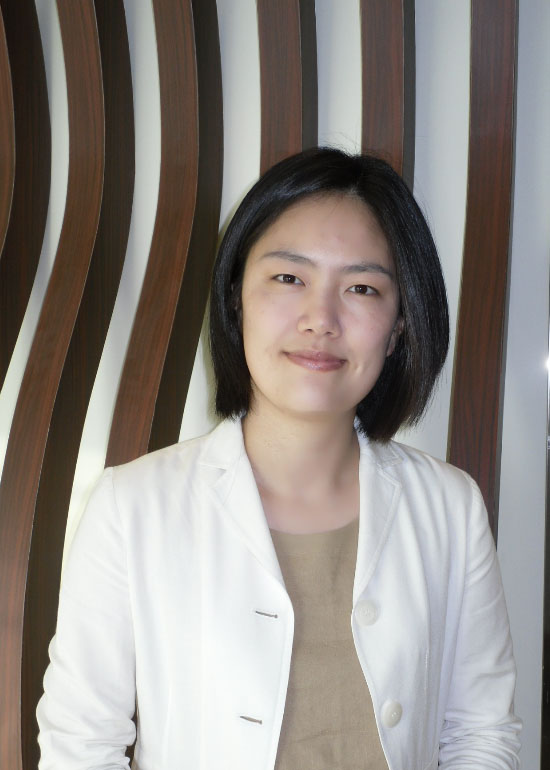Theme: Education and learning for climate change
Title: Sustainable Campuses: Universities Walking the Talk
Time: Thursday 2 July, 08:30 - 10:00
Place: Hovrätten, Room T219
A sustainable campus is one that develops process or management systems that help create a vibrant campus economy & high quality of life while respecting the need to sustain natural resources and protect the environment. Considerable number of universities are embracing sustainability within and beyond their traditional domains. The learners are “putting theory into practice” whilst the educators are leading by example “teaching through action”. Moreover, the sustainable learning environments ‘green campus’ promotes adoption of sustainability attitudes and values into the daily practice of educators and learners. However, many universities are still struggling with the concept and agenda of university “greening”. Completion of a showcase green building is not the same as embracing a university-wide commitment to ensure all future buildings are built green – the former is a project success, the latter a systemic transformation, which is more desirable for sustainability. However, sustainability needs not be considered only from perspectives extrinsic to universities, but also from more intrinsic perspectives. These should motivate universities to adopt sustainable/green university strategies which should demonstrate sustainability principles. Sustainable campuses serve as a living model of sustainability, providing learning experiences that students, faculty and staff may develop, apply and practice at their campuses and in their extended communities.
Eddi Omrcen
Eddi Omrcen, University of Gothenburg: was one of the first universities in Sweden to implement an Environmental Management System (EMS). In February 2000 the University Board decided that the objective for the university should be to receive an ISO14001 certification. The first units got their certification in 2004, and after six years of hard work the whole University finally achieved its ISO14001 certificate in January 2006, along with an EMAS registration. The University of Gothenburg has during the years developed and established a systematic and goal directed work. The latest action plan for environment and sustainable development is running for 2011-2015, with targets and activities for research, education, student engagement and outreach, as well as for chemicals, risk management, procurement, sustainable campuses, climate impact, waste management. Examples and results will be presented from the university sustainability work.
Mahesh Pradhan
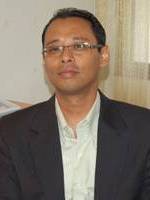 Mahesh Pradhan is Chief of UNEP's Environmental Education and Training Unit (EETU), providing support across UNEP's seven thematic priorities, namely Climate Change, Ecosystems Management, Disasters and Conflicts, Environmental Governance, Toxic Chemicals and Hazardous Wastes Management, Resource Efficiency, and Environment under Review. EETU is located within the Division of Environmental Policy Implementation (DEPI) at headquarters' of the United Nations Environment Programme (UNEP) in Nairobi, Kenya. Mahesh primarily oversees UNEP’s engagement with the higher education community, in disseminating UNEP's knowledge products amongst relevant stakeholders in academia, while also ensuring their involvement in the development of UNEP's knowledge products and other reports. This is facilitated through the Global Universities Partnership on Environment and Sustainability (GUPES), which aims to promote the integration of environment and sustainability concerns into teaching, research, community engagement, the management of universities including greening of university infrastructure/operations, as well as to enhance student engagement and participation in sustainability activities both within and beyond universities. Currently, over 520 Universities are affiliated with UNEP's global GUPES network, with strong participation of Universities from developing regions, namely Africa (MESA), Asia-Pacific (RUC-AP), and Latin America and the Caribbean (GUPES-LAC and ARIUSA).
Mahesh Pradhan is Chief of UNEP's Environmental Education and Training Unit (EETU), providing support across UNEP's seven thematic priorities, namely Climate Change, Ecosystems Management, Disasters and Conflicts, Environmental Governance, Toxic Chemicals and Hazardous Wastes Management, Resource Efficiency, and Environment under Review. EETU is located within the Division of Environmental Policy Implementation (DEPI) at headquarters' of the United Nations Environment Programme (UNEP) in Nairobi, Kenya. Mahesh primarily oversees UNEP’s engagement with the higher education community, in disseminating UNEP's knowledge products amongst relevant stakeholders in academia, while also ensuring their involvement in the development of UNEP's knowledge products and other reports. This is facilitated through the Global Universities Partnership on Environment and Sustainability (GUPES), which aims to promote the integration of environment and sustainability concerns into teaching, research, community engagement, the management of universities including greening of university infrastructure/operations, as well as to enhance student engagement and participation in sustainability activities both within and beyond universities. Currently, over 520 Universities are affiliated with UNEP's global GUPES network, with strong participation of Universities from developing regions, namely Africa (MESA), Asia-Pacific (RUC-AP), and Latin America and the Caribbean (GUPES-LAC and ARIUSA).
Jenny Forshufvud
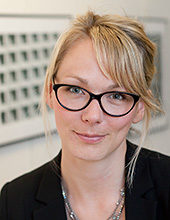 Jenny Forshufvud has a master in Environmental Science and Human Ecology from Gothenburg University. She did her master thesis in Rwanda, assessing the implementation of the national visionary document “Vision 2020”. After her studies she worked for several years as an environmental coordinator for Chalmers University of Technology, building and implementing the Environmental Management System, and in 2010 she conducted a study on ESD (Education for Sustainable Development) as a tool in a specific case study method, together with Elisabeth Undén et al. In 2013 she started working at Chalmers Energy Area of Advance as partly a Project coordinator for external collaborations, and partly as vice manager for the new Energy on Campus initiative. Within the Energy on Campus initiative she works with visualisation of energy research.
Jenny Forshufvud has a master in Environmental Science and Human Ecology from Gothenburg University. She did her master thesis in Rwanda, assessing the implementation of the national visionary document “Vision 2020”. After her studies she worked for several years as an environmental coordinator for Chalmers University of Technology, building and implementing the Environmental Management System, and in 2010 she conducted a study on ESD (Education for Sustainable Development) as a tool in a specific case study method, together with Elisabeth Undén et al. In 2013 she started working at Chalmers Energy Area of Advance as partly a Project coordinator for external collaborations, and partly as vice manager for the new Energy on Campus initiative. Within the Energy on Campus initiative she works with visualisation of energy research.
Gayatri Ragwa
Gayatri Ragwa, Environment Agency, Abu Dhabi, UAE: The Environment Agency-Abu Dhabi (EAD), in conjunction with Borouge, has launched the Sustainable Campus Initiative, an extension of the Sustainable Schools Initiative. The main goal of the project is to have university students in the UAE take responsibility for their ecological footprint at their university campuses.
Malay Dave
Malay Dave is a sessional academic at UNSW Australia and a researcher at the Cooperative Research Centre for Low Carbon Living (CRCLCL). He holds Bachelor of Architecture from CEPT University, India and Master of the Built Environment (Sustainable Development) from UNSW Australia. He has worked in the architecture profession in India and Australia for more than a decade. Malay convenes and teaches in undergraduate and postgraduate courses in sustainability within the Faculty of Built Environment at UNSW Australia. He also runs his own research and design consultancy and has been involved in national and international projects in the field of sustainable design, climate change mitigation, adaptation, eco-retrofitting, sustainable supply chain management, urban sustainability and prefabricated buildings. He has contributed to judging in various international sustainable design competitions. Malay is currently conducting his doctoral research in the field of sustainable affordable prefab housing. His works have been published by the Australian Institute of Architects’ Environment Design Guide (EDG), the National Climate Change Adaptation Research Facility (NCCARF), various conference proceedings and the United Nations Environment Programme (UNEP). He has been one of the authors of the Greening Universities Toolkit by UNEP-EETU.
Title: Resilience and Climate Change Adaptation
- A Marcus Wallenberg Symposium
Time: Wednesday 1 July, 08:30 - 10:00
Place: Hovrätten, Room T219
Is an environmental education that incorporates how to adapt to climate change consistent with the goals of EE? Or does accepting adaptation mean we abandon our commitment to reducing human impacts on the environment? We will explore these questions using a social-ecological systems resilience lens and the 2014 IPCC report, and introduce frameworks for environmentally sound adaptation practices.
Marianne Krasny
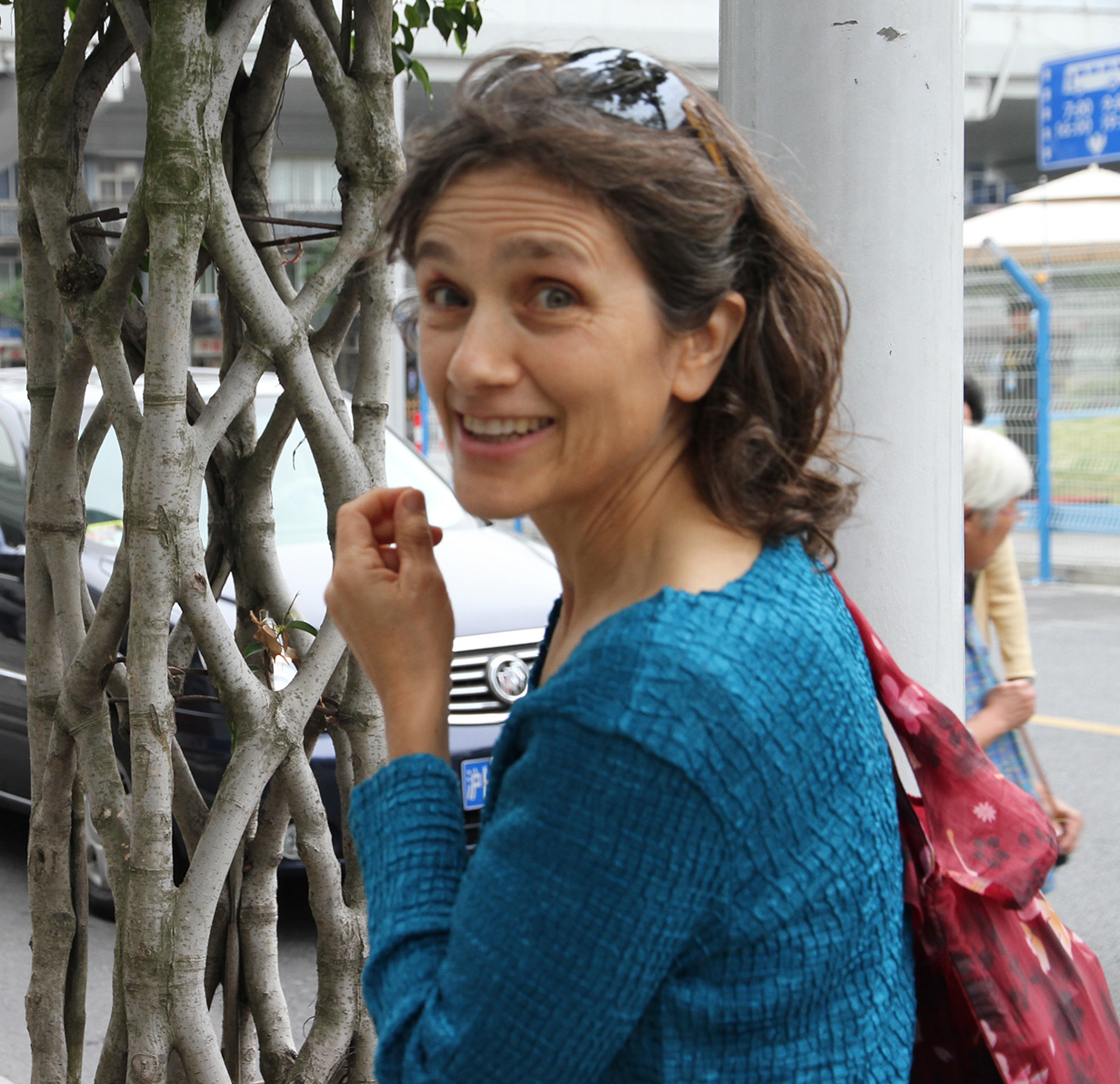 Marianne Krasny connects resilience to environmental education in her research and outreach. Works include Civic Ecology: Adaptation and Transformation from the Ground Up (with KG Tidball, MIT Press); Resilience in Social-Ecological Systems: the Role of Learning and Education (with C Lundholm and R Plummer, Taylor and Frances); and the Reclaiming Broken Places: Introduction to Civic Ecology edX Massive Open Online Course (MOOC).
Marianne Krasny connects resilience to environmental education in her research and outreach. Works include Civic Ecology: Adaptation and Transformation from the Ground Up (with KG Tidball, MIT Press); Resilience in Social-Ecological Systems: the Role of Learning and Education (with C Lundholm and R Plummer, Taylor and Frances); and the Reclaiming Broken Places: Introduction to Civic Ecology edX Massive Open Online Course (MOOC).
Heila Lotz-Sisitka
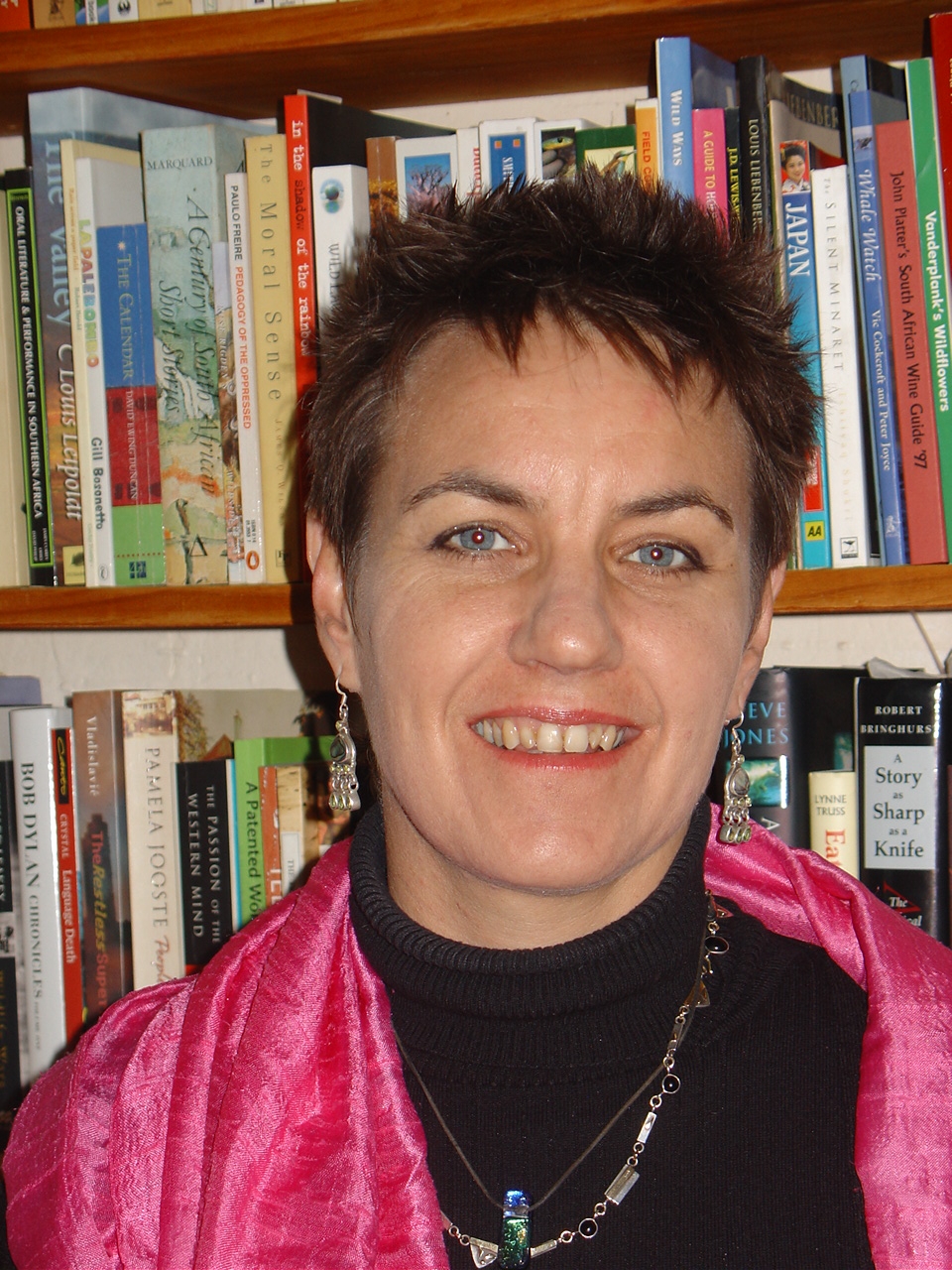 Professor Heila Lotz-Sisitka is part time Director of Postgraduate Studies at Rhodes University, South Africa. She holds the Murray & Roberts Chair of Environmental Education and Sustainability at Rhodes University where she has served as Director of the Environmental Learning Research Centre for the past 14 years.
Professor Heila Lotz-Sisitka is part time Director of Postgraduate Studies at Rhodes University, South Africa. She holds the Murray & Roberts Chair of Environmental Education and Sustainability at Rhodes University where she has served as Director of the Environmental Learning Research Centre for the past 14 years.

